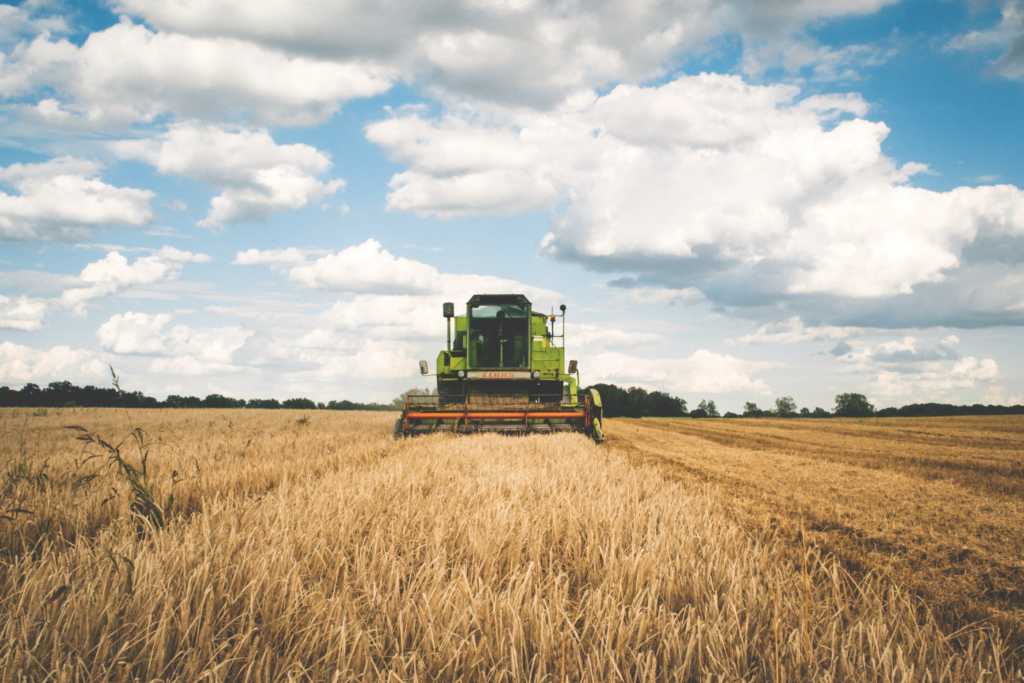South African leaders announced this week that the highly contentious proposal to reclaim land owned by white farmers will officially begin next spring.
Last Tuesday, the country’s National Assembly voted 209 to 91 in favor of adopting the Joint Constitutional Review Committee’s (CRC) report recommending a constitutional amendment that would allow the expropriation of land without compensation, News 24 reported.
In a further vote, the National Assembly approved the proposed amendment 183 to 77, the Daily Star reported.
‘Your time is up’ South Africa sets date for white farmer land grabs – March 2019 https://t.co/JRbli5SXTB pic.twitter.com/RT2MXvwkkX
— Daily Star (@dailystar) December 8, 2018
The next step will consist of lawmakers drafting a bill that lays out the terms of the land expropriation. A deadline of March 2019 has been set for the special committee to present its bill before parliament.
“Your time is up, white people,” Economic Freedom Fighters MP Hlengiwe Mkhaliphi said in the wake of the recent decision, according to the Daily Star.
This so-called reform has received international attention and criticism by those who view it as a racially motivated effort to punish white South Africans for their ancestors’ actions.
In a statement last week, pro-farmer group Agri SA promised it “will leave no stone unturned in protecting the interests of farmers” and the agricultural industry, News 24 reported. The group assured supporters that it will continue to work to secure the rights of farmers, vowing to challenge any constitutional amendments favoring the extreme expropriation measures.
“We are on record that we were against the expropriation without compensation, right from the beginning, and that is still our stance,” Agri SA president Dan Kriek said Wednesday.
As Faithwire has noted before, despite the apartheid era ending a quarter of a century ago, many black South Africans see the continued white land ownership as a painful reminder of racial inequality. Since 1994, the African National Congress has operated a “willing-seller, willing-buyer” model, whereby the government buys land from white farmers who are open to sell. The land is then redistributed to black citizens.
The new proposal to seize land from white farmers without compensation raises serious economic concerns.If lands used for agricultural purposes are stripped of skilled farmers and given to individuals who are not experts in the industry, both the economy and South Africa’s food supply could take a massive hit.
Back in August, South Africa’s President Cyril Ramaphosa defended the land-grabs as being necessary to advancing equality in the divided nation.
The debate over the expropriation has unsurprisingly led to an uptick in violence, including illegal land seizures and brutal attacks on white farmers.
In an interview with Faithwire earlier this year, Afriforum’s Head of Community Safety, Ian Cameron, described incidents of land invasion, abduction and even murder as private citizens took President Ramaphosa’s support of the land-grabs as a green light to terrorize the white farming community.
Many South Africans have indicated that they’d support more violent land seizures led by a regime similar to former Zimbabwean President Robert Mugabe’s re-distribution program. One of the key figures who is pushing for a hardline approach to the reforms is the leader of the Economic Freedom Fighters Party, Julius Malema. Malema, who has continually insisted that it is the right of black South Africans to take back the farms for themselves, describes land seizures as “teaching whites a lesson.”



